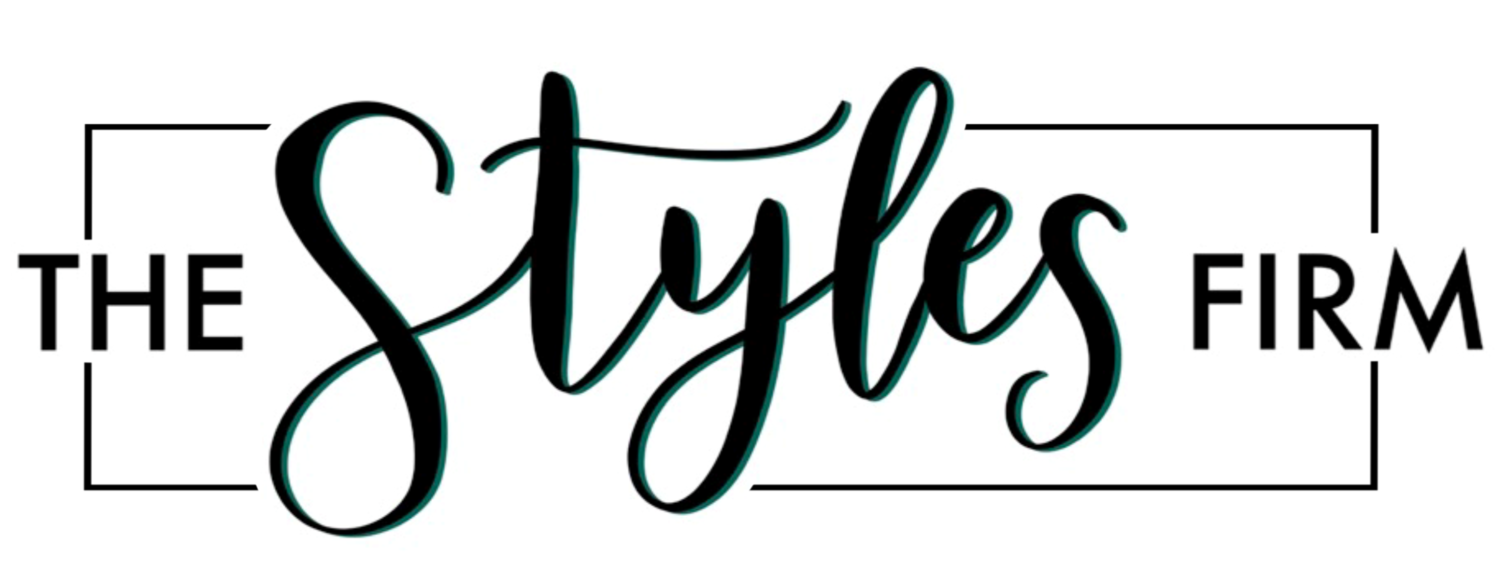Copyrights: How They Protect Your Presentations & Course Content
Creative minds are the source of unique works and big ideas, so it's important that their original genius be protected. Copyrights provide this protection by granting creators sole control over how their work is reproduced, distributed, displayed or altered- which can come in many forms such as written works, illustrations and even code! This way they retain ownership over what makes them great - something we all want to see flourish!
Safeguarding your presentations and course content with copyrights gives you the assurance that potential financial losses due to unauthorized use are minimized. Not only can this give users peace of mind, but it also helps protect them from any unwanted liabilities or risks.
How does copyright protect creative work?
Copyrights protect creative works by ensuring that only the creators of these works have the rights to use them, reproduce them, distribute them, display them, perform them and change them. This allows creators to benefit from the fruits of their labors without worrying about others taking advantage of their art or profiting from it without permission. Creative works are a broad category of works and can include things such as writing, drawings, artistic creations, computer code and software. This legal protection provides creators with economic security in knowing that they will get just compensation if someone else uses their work without authorization. Furthermore, copyrights provide authors and other creators moral protection; when someone uses their work without permission they are violating the creator’s moral right to control who uses their work and how it is used.
Under copyright law, authors have exclusive rights over the reproduction, distribution, public performance or display of their original works for a specific period of time. The duration of copyright protection depends on several factors such as publication date and country but generally lasts for an extended period from the life of the author plus fifty years after death. During this time period only the author has control over who can reproduce or make copies of his/her work as well any derivatives or adaptations thereofe. Copyright law also prohibits people from modifying creative works without permission from the author or owner in order to ensure proper attribution to its originator.
Copyright laws exist to promote creativity by giving creators a set of exclusive rights which protects their intellectual property and encourages others to create new material in order to survive financially off it rather than stealing existing material. This system helps keep these industries thriving as well as ensures that we have access to new ideas which would not be available if this system wasn’t in place. Copyrights also help protect against plagiarism since authors can prove that they created a certain piece of art before anyone else claims ownership over it. In sum, copyrights provide an essential foundation for protecting creative works so that authors can receive due credit and financial remuneration for all the hard work they put into creating these pieces!
How does copyright protect and benefit your business?
Copyright protects and benefits businesses in many ways. With copyright protection, businesses can own the rights to their original works and prevent others from exploiting their work for personal gain without permission. This can help companies protect their products, services, processes, and other intellectual property. By registering a copyright with the U.S. Copyright Office or other international offices, businesses have legal recourse should someone use or abuse their proprietary material without authorization. Additionally, with a copyright registration in place, companies have the right to sue any violators and seek damages or an injunction that prevents further misuse of the copyrighted material.
A business can also benefit from copyright protection when it comes to licensing or selling its products or services. Copyright laws afford companies the right to license out or sell their works so that they may be used by another party subject to specific terms and conditions set out by the company itself. This means that if someone wants to use a company’s work for commercial gain, they must purchase a licensing agreement from them; otherwise they may be infringing upon their copyright protections which could open them up to litigation from the original owner of the work.
Finally, copyright protection adds value to a company’s brand image by demonstrating that it is serious about protecting its proprietary materials and intellectual property rights. People tend to associate brands more positively when they realize that the business takes steps necessary to ensure the security of its works against any potential infringers; this often leads customers to choose one brand over another due to enhanced trustworthiness associated with strong copyrights protection policies in place within a company’s organizational structure.
